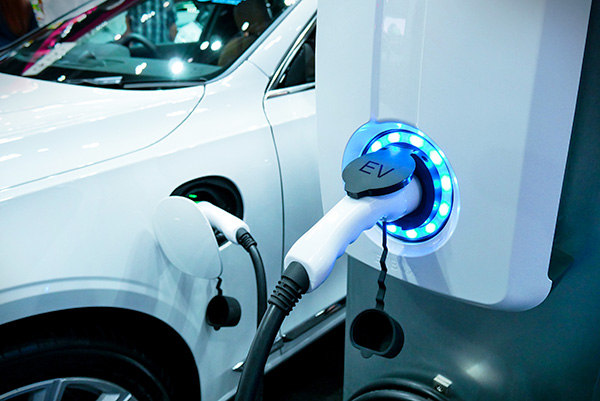Many new-model electric vehicles (EVs) now have a driving range greater than 320 kilometers (200 miles). Consequently, range anxiety—the fear of running out of battery power before completing a trip or reaching a charging station—is becoming less problematic. Battery charging, however, remains an issue, as it may take as long as eight hours to recharge an EV battery to its full capacity. Nevertheless, thanks to advances in battery technology, a number of new and existing battery suppliers are reporting EV battery packs in late stages of development that can accept a full charge in 10 to 15 minutes. See also: Battery; Electric vehicle; Electric vehicles and range anxiety

Most EVs on the road today rely on lithium-ion batteries that contain a liquid electrolyte through which lithium ions flow to produce energy. What is the technology behind these faster-charging and more durable batteries? The simple answer, in general, is that many of the new batteries are solid-state lithium-ion batteries, meaning that the electrolyte is either a solid material or a gel, which is not quite solid but close enough to show benefits. In addition, some fast-charging batteries use less expensive (that is, less rare) anode and cathode materials. See also: Electrolyte; Gel; Lithium; Solid-state battery
The question of availability of fast-charging batteries is not a matter of if, but when. QuantumScape, an American company backed by Volkswagen and Bill Gates, has developed a solid-state lithium battery that will charge up to 80 percent of the battery's capacity in 15 minutes. An Israeli battery developer, StoreDot, completed a 1000-battery run of its fast-charging battery on a standard production line in late 2020 for carmakers, such as Daimler, to evaluate. C.-Y. Wang, a professor at Pennsylvania State University in the United States, thinks fast-charging batteries will be commercially available in three years and that these batteries will not be more expensive than those currently available.





